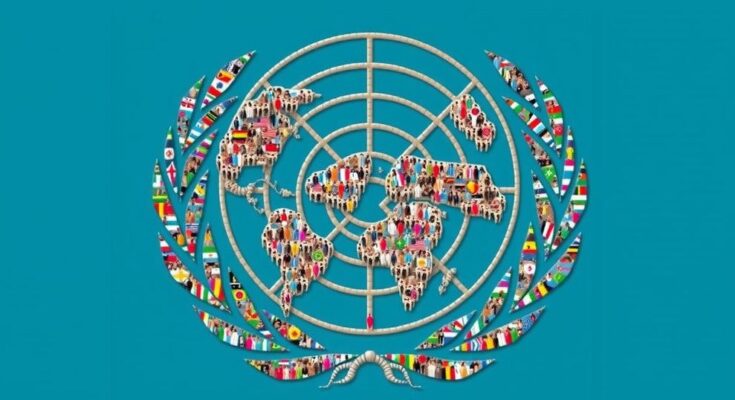The UN climate summit in Baku has resulted in developed nations pledging $300 billion annually by 2035 to assist developing countries with climate change mitigation. However, this commitment has been criticized by many developing nations as inadequate, with calls for more substantial financial support. The negotiations highlighted persistent disparities in responsibilities between wealthy and poorer nations, with ongoing debates about contributions from emerging economies like China.
A contentious agreement reached at the UN climate summit in Baku, Azerbaijan, has resulted in developed nations committing to $300 billion annually by 2035 to assist developing countries in reducing greenhouse gas emissions and preparing for climate-related disasters. Despite nearly 200 nations finalizing this pact after intense negotiations, many developing nations have decried the financial commitment as grossly insufficient. India’s delegate, Chandni Raina, emphasized the sum’s inadequacy, stating it was merely an “optical illusion” that fails to address significant climate challenges. Contrasting opinions arose from representatives of Sierra Leone and the Marshall Islands, who voiced disappointment yet recognized the deal as a starting point. The negotiations revealed deep divisions on funding responsibilities between wealthier nations historically responsible for climate change and poorer nations suffering its impacts. While the deal increases financial commitments from the previous $100 billion, experts suggest at least $390 billion is necessary to adequately meet the needs of these vulnerable nations. The involvement of emerging economies such as China in climate finance remains a contentious issue, as the pact encourages voluntary contributions from these nations without mandating specific amounts. Ultimately, the deal has been criticized for falling short of expectations, seen by some as a betrayal that fails to reflect the urgency of climate action.
The world faces an urgent climate crisis, prompting international negotiations aimed at establishing financial commitments from developed nations to support vulnerable countries affected by climate change. The recent UN climate summit highlighted the ongoing struggle between wealthier nations, responsible for historical emissions and their devastating effects, and poorer nations, which bear the brunt of climate-related challenges yet contribute the least to the problem. As these negotiations unfold, diverse opinions have emanated from both sides regarding the adequacy and fairness of financial support, setting the stage for continuous dialogues on climate action responsibility and commitment.
The deal from the UN climate summit in Baku represents a significant yet insufficient step toward addressing the needs of developing nations in combating climate change. While the commitment of $300 billion by 2035 marks an improvement over previous pledges, it has been met with widespread criticism for not meeting the actual requirements of the most vulnerable nations. Furthermore, the persisting disparities regarding financial contributions from emerging economies and the historical accountability of developed nations continue to hinder progress in comprehensive climate action. Overall, the outcome of this summit underscores the complexities of international climate negotiations and the urgent need for more robust commitments moving forward.
Original Source: www.france24.com




